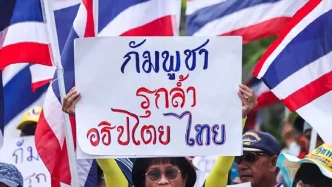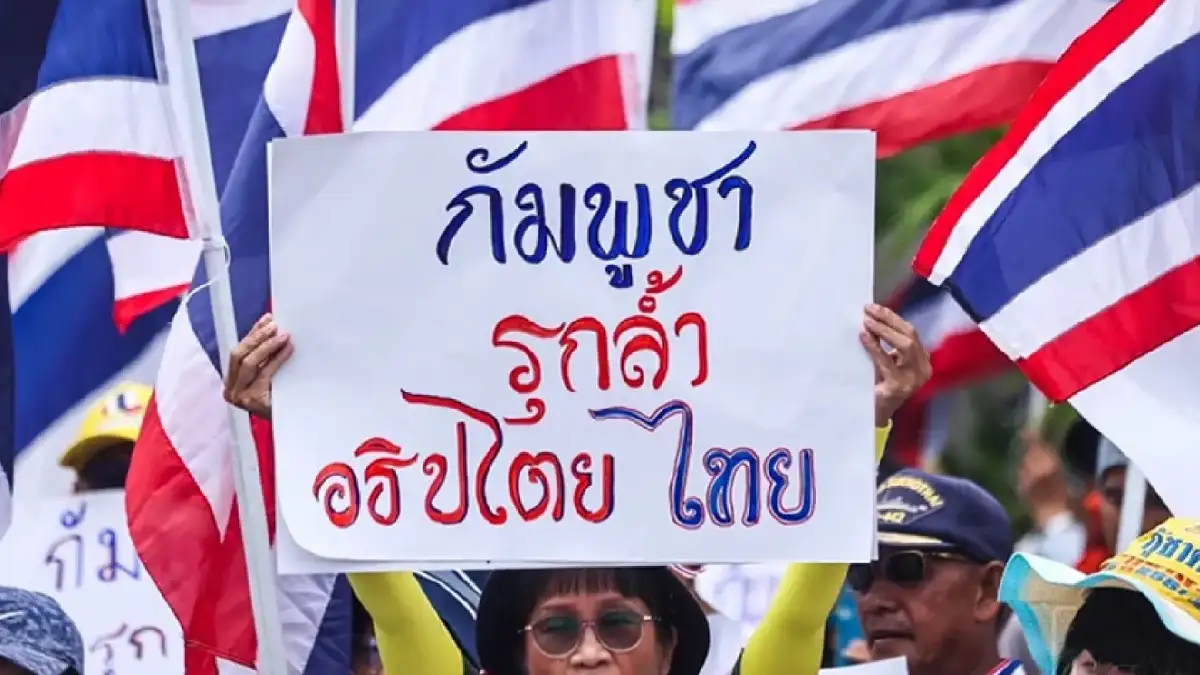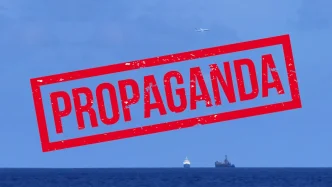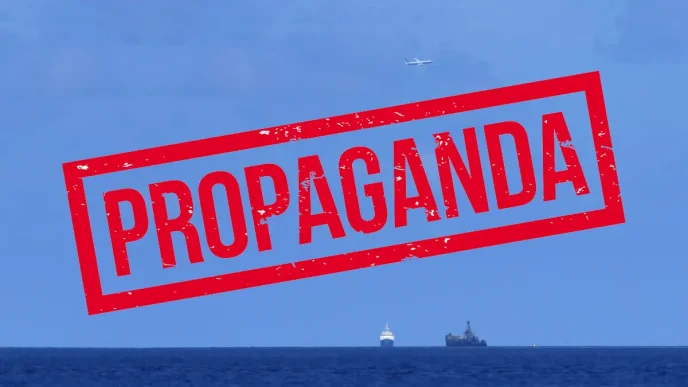Thailand has announced plans to lodge a formal protest with the United Nations following a landmine explosion on Thai territory that severely injured a soldier, escalating tensions with neighboring Cambodia. The incident, which occurred on Tuesday, has reignited longstanding border disputes and raised questions about compliance with international agreements, including the Ottawa Convention, which bans the use of anti-personnel mines.
A Soldier Injured and a Diplomatic Response
The explosion, reported along the contentious border between Thailand and Cambodia, resulted in a Thai soldier losing a leg, prompting swift condemnation from Bangkok. Acting Prime Minister Phumtham Wechayachai confirmed today that Thailand would submit a formal complaint to the United Nations, framing the incident as a violation of international norms. While specifics of the protest remain undisclosed, the move signals Thailand’s intent to seek international intervention in what it perceives as a breach of security and sovereignty.
Phumtham also addressed the Thai Army’s stern warning to Cambodia, in which military officials indicated a readiness to retaliate if necessary to protect their troops. He emphasized that while the armed forces have the right to defend themselves, any response must adhere to established procedures, underscoring the importance of channeling grievances through diplomatic avenues like the UN. This measured stance reflects Thailand’s attempt to balance national security concerns with international legal obligations.
Allegations of Bias and Domestic Backlash
Domestically, Phumtham has faced criticism in both traditional media and online platforms, with some accusing him of leniency toward Cambodia in past border disputes. He has strongly rejected these claims as baseless, warning of potential legal action against those spreading what he considers defamatory narratives. This response highlights the domestic political pressures surrounding Thailand’s foreign policy, particularly on sensitive issues like border security, where public sentiment often demands a hardline approach.
International Dimensions and the Ottawa Convention
Adding to the diplomatic complexity, Thailand’s Foreign Minister Maris Sangiampongsa revealed that he had reached out to his Japanese counterpart, who currently chairs the council of signatories to the Ottawa Convention. Maris urged an investigation into Cambodia’s alleged violations of the treaty, formally known as the Convention on the Prohibition of the Use, Stockpiling, Production and Transfer of Anti-Personnel Mines and on Their Destruction. Signed by both Thailand and Cambodia, the agreement commits nations to eliminating landmines, a persistent threat in regions scarred by decades of conflict.
The foreign minister’s call for scrutiny also extends to a ceasefire agreement between the two countries, which has been tested by recurring border skirmishes. By invoking the Ottawa Convention, Thailand aims to frame the landmine incident not merely as a bilateral issue but as a breach of a global humanitarian standard, potentially rallying international support for its position.
Cambodia’s Counterclaims and Regional Implications
Cambodia, for its part, has not remained silent. Recent reports indicate that Phnom Penh has lodged complaints with the United Nations Security Council and the US Secretary of State, accusing Thailand of violating Cambodian sovereignty and breaching the same ceasefire agreement. Thai Foreign Minister Maris dismissed these allegations as unsubstantiated, though the dueling narratives underscore the deep mistrust that continues to define relations between the two Southeast Asian neighbors.
The border region, particularly areas near the Preah Vihear Temple—a UNESCO World Heritage site claimed by both nations—has long been a flashpoint. Historical grievances, combined with territorial ambiguities, have fueled sporadic clashes, with landmines remaining a deadly legacy of past conflicts like the Cambodian Civil War and regional spillover from the Vietnam War. Both countries have committed to demining efforts under international agreements, but progress has been uneven, and incidents like the one this week expose the fragility of peace along the frontier.
Historical Context: A Legacy of Conflict
To understand the gravity of the current dispute, one must look to the historical tensions between Thailand and Cambodia, which date back centuries but were exacerbated in the 20th century by colonial legacies and Cold War dynamics. The border was heavily militarized during Cambodia’s internal conflicts, with landmines laid extensively by various factions, including the Khmer Rouge, whose brutal regime left a lasting imprint on the region’s security landscape.
Even after the 1991 Paris Peace Accords, which aimed to end Cambodia’s civil strife, border disputes with Thailand persisted. A notable escalation occurred in 2008-2011, when clashes over Preah Vihear resulted in casualties on both sides. While diplomatic efforts, including rulings by the International Court of Justice favoring Cambodia’s claim to the temple, have sought to resolve territorial questions, underlying animosities remain. Landmines, often remnants of earlier wars, continue to pose risks to soldiers and civilians alike, with demining operations hampered by funding shortages and political mistrust.
The Ottawa Convention and Accountability Challenges
The Ottawa Convention, enacted in 1997, represents a landmark in global efforts to eradicate landmines, which have killed or maimed tens of thousands worldwide. For Thailand and Cambodia, both signatories, compliance is not only a legal obligation but also a moral imperative given the human toll of these weapons in their shared borderlands. However, enforcement remains a challenge. Accusations of violations are often mired in political rhetoric, with each side blaming the other for failing to clear mines or for deploying new ones—a claim difficult to substantiate without independent investigation.
Thailand’s appeal to the council of signatories, chaired by Japan, could prompt a formal inquiry, though the process is likely to be slow and politically fraught. Cambodia may counter with evidence or arguments of its own, potentially prolonging the diplomatic standoff. Meanwhile, the injured Thai soldier serves as a stark reminder of the human cost of inaction, raising questions about whether international mechanisms can effectively address such localized yet deeply consequential disputes.
Broader Implications for Southeast Asia
Beyond the bilateral spat, the incident carries implications for regional stability in Southeast Asia, a region striving to present a unified front through organizations like the Association of Southeast Asian Nations (ASEAN). Border disputes between member states undermine ASEAN’s principle of non-interference and its aspirations for collective security. While ASEAN has historically avoided direct involvement in such conflicts, preferring dialogue over confrontation, persistent tensions between Thailand and Cambodia could test the bloc’s cohesion at a time when external challenges—such as China’s influence in the South China Sea—demand solidarity.
Moreover, the use of landmines, if proven, could draw renewed international scrutiny to Southeast Asia’s post-conflict recovery. Countries like Laos and Vietnam also grapple with unexploded ordnance from past wars, and any rollback on demining commitments in one nation could discourage progress elsewhere. Humanitarian organizations, already stretched thin, may face additional pressure to intervene, while donor fatigue risks stalling critical clearance operations.
Domestic Politics and Public Sentiment
In Thailand, the landmine incident has stirred nationalist sentiments, with calls for a tougher stance against Cambodia gaining traction. Acting Prime Minister Phumtham’s government, already navigating a complex political landscape following recent elections, faces the dual challenge of projecting strength while avoiding escalation. His threat of litigation against critics suggests a sensitivity to public opinion, particularly among constituencies near the border who live with the daily reality of such threats.
In Cambodia, the government of Prime Minister Hun Manet, who succeeded his father Hun Sen in 2023, may similarly leverage the dispute to rally domestic support. Accusing Thailand of sovereignty violations plays into a narrative of defending national pride, a potent theme in a country still healing from decades of trauma. Yet, both leaders must tread carefully—escalation risks not only military confrontation but also economic repercussions, as cross-border trade and tourism, vital to local communities, could suffer.
Looking Ahead: A Path to De-escalation?
As Thailand prepares its protest to the United Nations and Cambodia counters with its own grievances, the path to resolution remains uncertain. International mediation, whether through the UN or regional bodies like ASEAN, could offer a way forward, but success hinges on mutual willingness to prioritize dialogue over recrimination. Joint demining initiatives, supported by neutral third parties, might also rebuild trust, addressing the root cause of incidents like the one this week.
For now, the focus remains on the injured soldier and the broader implications of a border that refuses to heal. As diplomatic maneuvers unfold, the question looms: can Thailand and Cambodia turn this crisis into an opportunity for lasting cooperation, or will historical wounds continue to fester? The answer may shape not only their bilateral ties but the stability of Southeast Asia as a whole.















